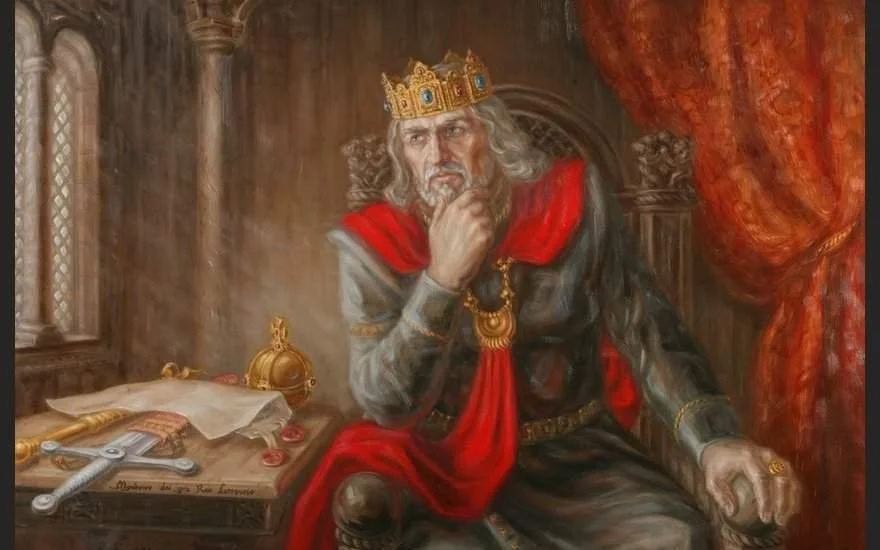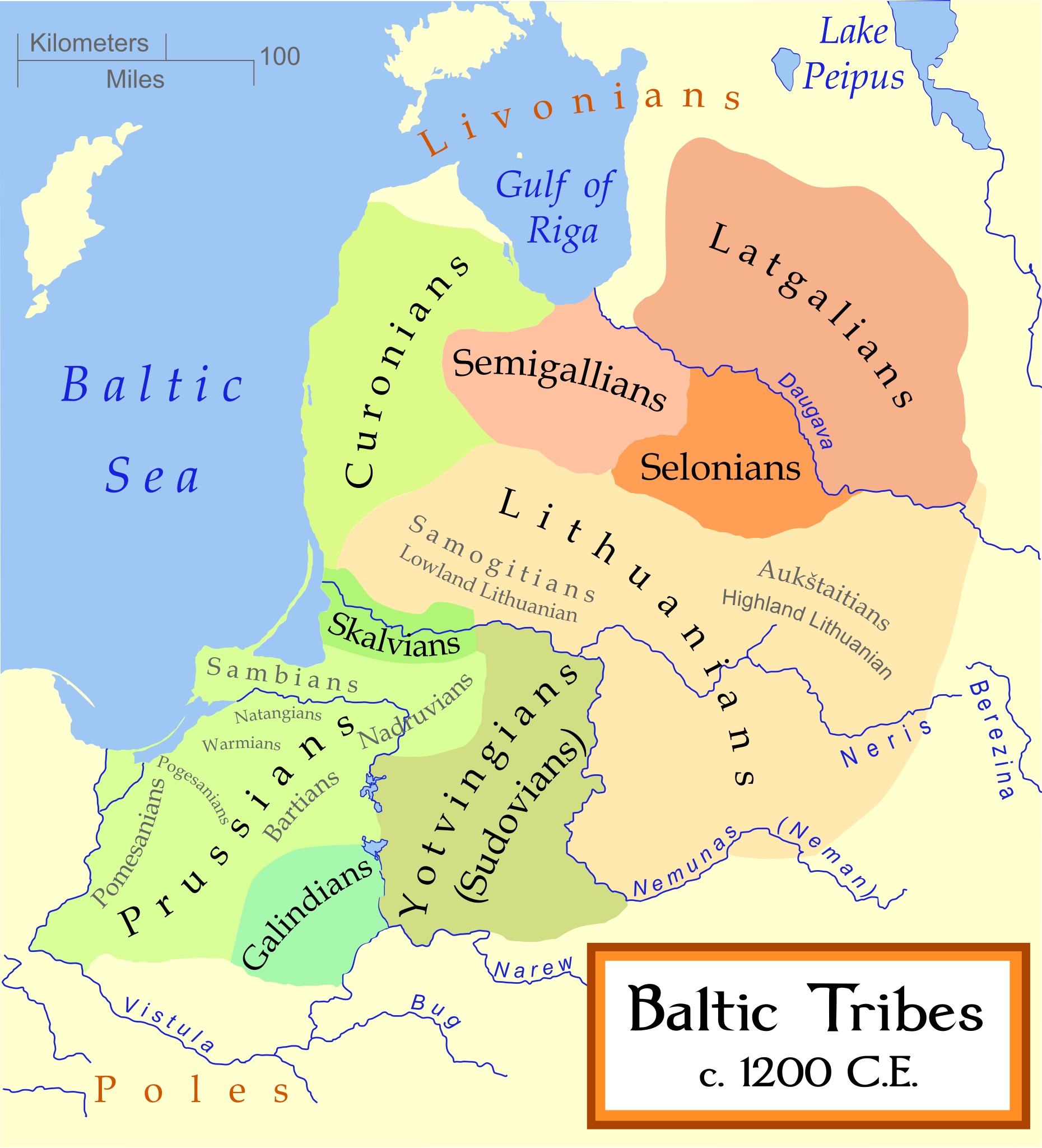A First and Only King
When you think of European kingdoms, you might think of the United Kingdom, Spain or even Denmark. These countries have royalty imbued into their modern identity, with tourism flourishing around Palace residences and Royal Guards. You might also think historically of the Kingdoms of France (King Louis had quite an unforgettable end!), Italy or even Hungary, whose monarchs ruled in Europe for centuries.
But for the Baltic region (Lithuania, Latvia and Estonia) - you wouldn’t be wrong for overlooking it.
For the Baltics, there was not ‘Kingdoms’ as such, but tribes and groups of peoples who etched out smaller carvings for themselves between natural boundaries like rivers and swamps. Wedged between huge Kingdoms like Sweden and the Empire of Russia, they were often at the mercy of these larger forces as they vied for regional dominance through the middle ages and into modern times. The Kingdom of Denmark even owned Tallinn and the North of Estonia for over 100 years in the 13th and 14th centuries.
But there was, in fact, one Kingdom in the Baltics.
This was the Kingdom of Lithuania, and it was ruled by King Mindaugas.
For King Mindaugas, his reign was short, but memorable.
We have written record from the chroniclers of the day stating that Mindaugas was the Grand Duke of all Lithuanians in the year 1236. This coincided with the same year the battle of the Saule was fought, when the western Balts south of Riga crushed the crusading Livonian Brothers of the Sword in modern day Lithuania. Mindaugas wasn’t present, but his likely brother-in-law, Vykintas, led the charge.
This was endemic to the times, as returning crusader orders from the Middle East had set their sights on Christianising East of Europe, and the Baltic region as a pagan stronghold suffered greatly from these incursions.
As Grand Duke of all Lithuanian, Mindaugas would have been like a King, similar to how the Grand Princes of the Rus to his east acted as rulers of their respective lands, but the title of King wasn’t achieved in the eyes of one of the main authoritative bodies of Europe - the church - for some years.
And it was because of this constant battling with the fledgling crusaders that Mindaugas hatched his grand plan to become King.
The distribution of Baltic tribes in the 13th century.
With Riga being founded as a crusader city in 1201, this was the century in which Christian crusades into the pagan Baltic countries accelerated rapidly.
His scheme was to use Christianity against the crusaders.
If he was to be baptised and crown himself a King under the Pope’s direction, in a Catholic fashion, not only would he elevate his standing, and Lithuania’s onto the European map, but he would also shield himself from the very pretext of the crusades, as he no longer ruled a pagan kingdom.
It was genius, and conveniently he avoided converting his subjects to Catholicism.
So in 1251 he wrote to Pope Innocent IV to have the arrangements made, and in the same year received a papal bull calling for the protection of this new Christian kingdom. By 1253, a crown was delivered - ironically very likely by the Grand Master of the Livonian Order himself Andreas von Stirland - and Mindaugas was coronated as King.
For the crusader grandmaster, Andreas von Stirland, he was kicked out of his order within a couple of years, likely due to his pacifistic attitude towards the Lithuanians, so that the more militaristic factions could prepare to resume their crusades.
And for all of Mindaugas’ genius, the reward was short-lived, as a decade later, in 1263, he was killed during a political upheaval.
After this, the title of King was never assumed again, and the crusader battles continued on for centuries.
Modern Lithuanian’s don’t forget him though, every year celebrating a public holiday as Statehood day on his supposed coronation date, the 6th of July. The basketball teams of Lithuania also battle each year for Mindaugas’ cup, and he permanently sits atop a granite throne outside the National Museum in Vilnius!
King Mindaugas, Vilnius


